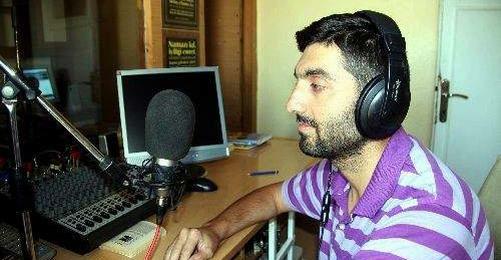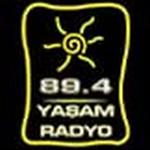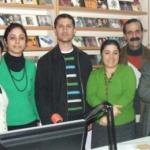In a meeting on 23 February, the Turkish Radio and Television Supreme Council (RTÜK) decided to allow media institutions to broadcast in languages other than Turkish, basing their decision on the "Regulations on Radio and TV Broadcasts in Languages and Dialects Traditionally Used by Turkish Citizens in Everyday Life" passed on 13 November 2009.
The decision affects 14 radio stations and TV channels: Cemre FM (Mardin), Radyo Ses (Mersin), Radyo Net (Urfa), Çağrı FM (Diyarbakır), Gün Radyo, Nur FM, Gün TV, TV 21, Aktüel TV, Söz TV, Can TV, Can Radyo, Aktüel FM and Aksa FM.
Radyo Ses, which broadcasts in Mersin, southern Turkey, has programmes in Kurdish, Zaza and Arabic. Radyo Net broadcasts in Kirmanci, a Kurdish dialect, Zaza and Arabic, while the other media bodies have announced that they will broadcast in Kirmanci and Zaza.
"Permission should have been given years ago"
Mahmut Saruhan, chairman of Cemre FM, said that his station had applied to RTÜK because the great majority of people living in Mardin, a city in southeastern Turkey, spoke Kurdish.
The station wants to be able to comply with Kurdish song requests from listeners. Saruhan said, "This right, which was given to private radio stations in recent years, should have been given years ago. Everyone should be able to listen to the music they want in their own language. The bureaucratic hurdles need to be lifted."
Previously many restrictions
In 2004, local and national media institutions were first permitted to broadcast in languages other than Turkish, following the publication of regulations on 25 January of that year. However, radio stations were limited to one hour a day and a total of five hours a week, while TV stations were only permitted to broadcast in other languages for 45 minutes a day and a total of four hours a week.
Because radio stations and TV channels were unable to translate simultaneously, live broadcasting was forbidden, as the media bodies were forced to translate all of their programmes. In addition, it was also forbidden to target children with educational language programmes. The latest regulations have lifted these restrictions. (EÖ/AG)














